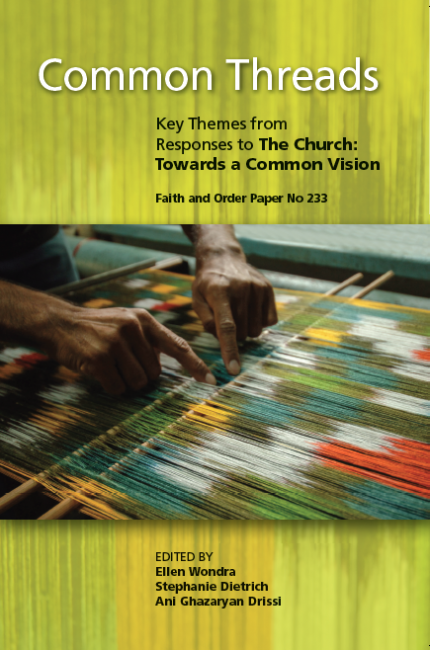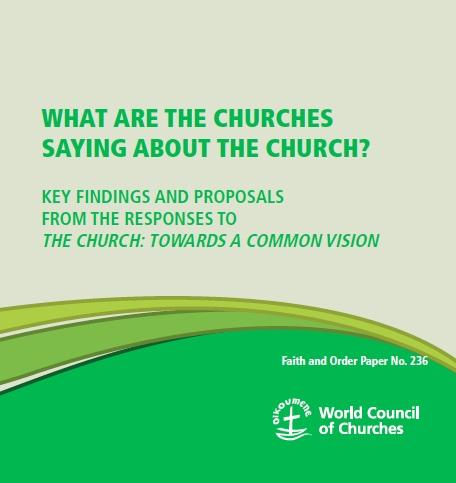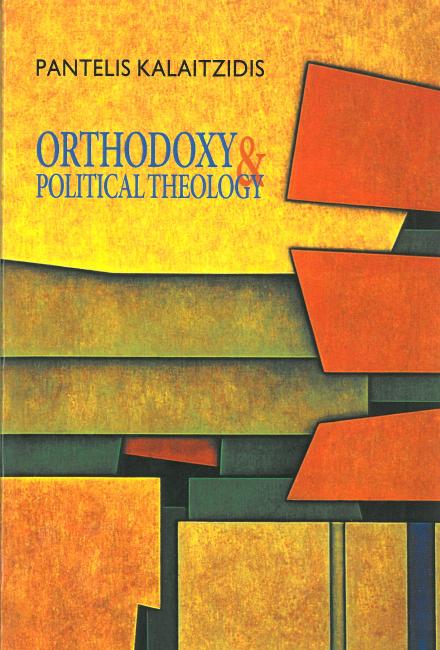Displaying 1 - 6 of 6
Key Themes from Responses to The Church: Towards a Common Vision. Faith and Order Paper No 233
25 February 2022
What Are the Churches Saying About the Church?
Key Findings and Proposals from the Responses to The Church: Towards a Common Vision
21 June 2021
Orthodoxy and Political Theology
15 May 2012
Called to Be the One Church: Faith and Order at Crete
Report of the 2009 Meeting of the Plenary Commission — Faith and Order paper No.212
15 February 2012
One Baptism: Towards Mutual Recognition - A Study Text
Faith and Order Paper No. 210
01 January 2011





